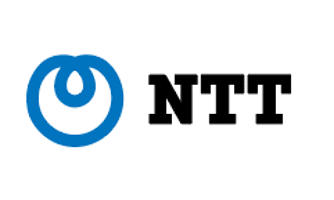
Geographical Focus: Asia/South Pacific
Categories:
Application server, Billing, Connectivity, Consultant, Development, IoT platform, Management / Monitoring, Network Operator, Network server, Node stack, Platform, Provisioning (aka "Join server"), Services, Software, Storage, Turnkey Solution
Commercial Contact:
Technical Contact:
akabane.kazunori@lab.ntt.co.jp
NTT Business Solutions Corporation
Verticals: